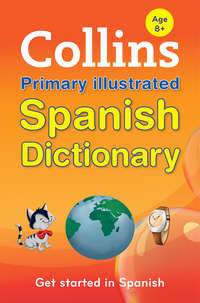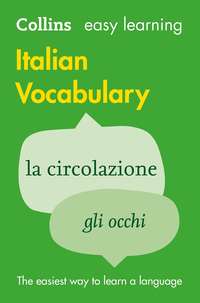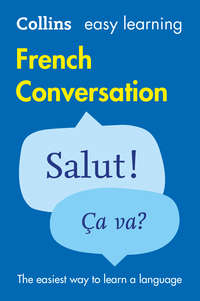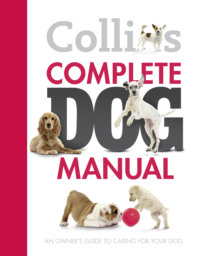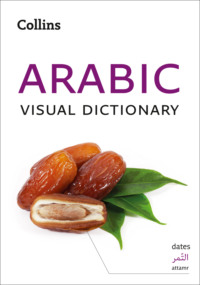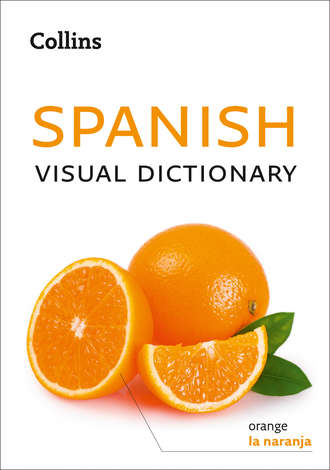
Полная версия
Collins Spanish Visual Dictionary

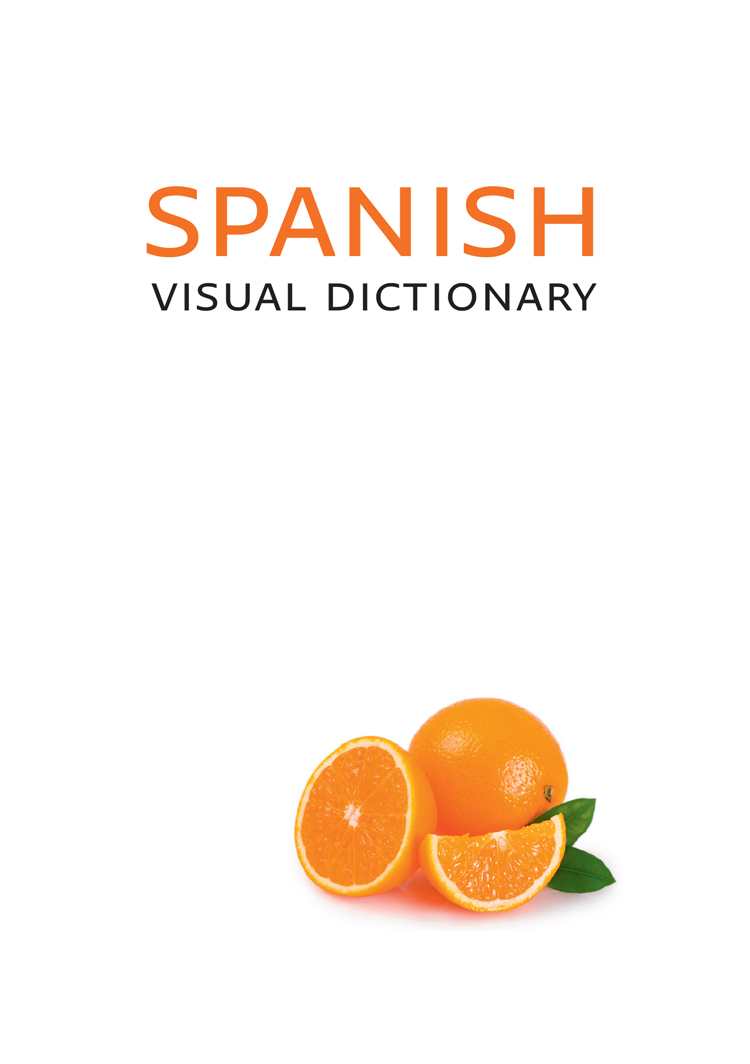
COPYRIGHT
Published by Collins
An imprint of HarperCollins Publishers
Westerhill Road
Bishopbriggs
Glasgow G64 2QT
First Edition 2019
© HarperCollins Publishers 2019
Collins® is a registered trademark of HarperCollins Publishers Limited
Ebook Edition © March 2019
ISBN: 9780008319984
Version: 2019-03-25
All rights reserved under International and Pan-American Copyright Conventions. By payment of the required fees, you have been granted the non-exclusive, non-transferable right to access and read the text of this ebook on screen. No part of this text may be reproduced, transmitted, downloaded, decompiled, reverse engineered, or stored in or introduced into any information storage and retrieval system, in any form or by any means, whether electronic or mechanical, now known or hereafter invented, without the express written permission of HarperCollins.
Entered words that we have reason to believe constitute trademarks have been designated as such. However, neither the presence nor absence of such designation should be regarded as affecting the legal status of any trademark.
HarperCollins does not warrant that any website mentioned in this title will be provided uninterrupted, than any website will be error free, that defects will be corrected, or that the website or the server that makes it available are free of viruses or bugs. For full terms and conditions please refer to the site terms provided on the website.
If you would like to comment on any aspect of this book, please contact us at the given address or online.
E-mail dictionaries@harpercollins.co.uk


CONTENTS
COVER
TITLE PAGE
COPYRIGHT
INTRODUCTION
THE ESSENTIALS
TRANSPORT
IN THE HOME
AT THE SHOPS
DAY-TO-DAY
LEISURE
SPORT
HEALTH
PLANET EARTH
CELEBRATIONS AND FESTIVALS
ACKNOWLEDGEMENTS
PHOTO CREDITS
ABOUT THE PUBLISHER
INTRODUCTION
Whether you’re on holiday or staying in a Spanish-speaking country for a slightly longer period of time, your Collins Visual Dictionary is designed to help you find exactly what you need, when you need it. With over a thousand clear and helpful images, you can quickly locate the vocabulary you are looking for.
The Visual Dictionary includes:
10 chapters arranged thematically, so that you can easily find what you need to suit the situation
images – illustrating essential items
YOU MIGHT SAY… – common phrases that you might want to use
YOU MIGHT HEAR… – common phrases that you might come across
VOCABULARY – common words that you might need
YOU SHOULD KNOW… – tips about local customs or etiquette
USING YOUR COLLINS VISUAL DICTIONARY
In order to make sure that the phrases and vocabulary in the Collins Visual Dictionary are presented in a way that’s clear and easy to understand, we have followed certain policies when translating:
1) In Spain, “tú” can be used for anyone you are on first-name terms with, as well as when talking to children and young people. It is also generally considered appropriate to use “tú” in shops, banks and so on to address the people working there, particularly if they are young. However, it is best avoided when addressing people in authority or older strangers, unless you are invited to use “tú”, for instance:
Shall we call each other “tú”? ¿Nos tuteamos?
In this dictionary, we have used either “tú” or “usted” depending on what was deemed to be more likely in a given context, for example:
When is your birthday? ¿Cuándo es tu cumpleaños? (informal)
May I ask how old you are? ¿Puedo preguntarle qué edad tiene? (formal)
2) The grammatical gender of Spanish nouns has been indicated using the articles “el” (masculine singular), “la” (feminine singular), “los” (masculine plural) and “las” (feminine plural).
key la llave
building el edificio
curtains las cortinas
shoes los zapatos
When a feminine word in Spanish starts with stressed “a”, it takes the masculine article, rather than the feminine, to make it easier to pronounce. These have been marked with the label f to indicate that it is a feminine word even if preceded by the masculine article “el”:
water el agua f
eagle el águila f
When a Spanish noun has both a masculine and feminine form (as in the case of many professions), both forms are shown:
nurse el enfermero / la enfermera
3) The masculine form of adjectives only has been shown for vocabulary items and in phrases, for example:
happy contento
I’m tired. Estoy cansado.
Remember that, in Spanish, the adjective often changes depending on whether the noun it describes is masculine or feminine. Often the ending of the adjective changes from “o” to “a”, so “cansado” becomes “cansada”, although there are some adjective endings that behave differently.
Plural forms of both adjectives and nouns are generally formed by adding “-s” or “-es” to the end of the word:
The girls are tired. Las niñas están cansadas.
However, some words, among them the days of the week, are the same in both singular and plural:
the umbrella el paraguas
the umbrellas los paraguas
I’m busy next Monday Estoy ocupado el próximo lunes.
I’m always busy on Mondays. Siempre estoy ocupado los lunes.
When an adjective or noun ends in “-z”, the plural form becomes “-ces”:
feliz => pl felices
FREE AUDIO
We have created a free audio resource to help you learn and practise the Spanish words for all of the images shown in this dictionary. The Spanish words in each chapter are spoken by native speakers, giving you the opportunity to listen to each word twice and repeat it yourself. Download the audio from the website below to learn all of the vocabulary you need for communicating in Spanish.
www.collinsdictionary.com/resources
THE ESSENTIALS | LO ESENCIAL
Whether you’re going to be visiting a Spanish-speaking country, or even living there, you’ll want to be able to chat with people and get to know them better. Being able to communicate effectively with acquaintances, friends, family, and colleagues is key to becoming more confident in Spanish in a variety of everyday situations.
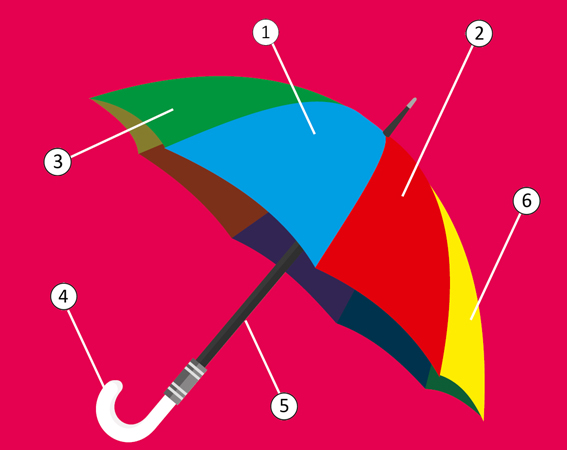
umbrella
el paraguas
1. blue
azul
2. red
rojo
3. green
verde
4. white
blanco
5. black
negro
6. yellow
amarillo
THE BASICS | LO ESENCIAL
Hello/Hi!
¡Hola!
Good morning.
Buenos días.
Good afternoon.
Buenas tardes.
Good evening.
Buenas tardes / noches.
Goodnight.
Buenas noches.
See you soon.
Hasta pronto.
See you later.
Hasta luego.
See you tomorrow.
Hasta mañana.
See you on Saturday.
Hasta el sábado.
Bye!
¡Adiós!
Have a good day/evening!
¡Que pases un buen día! / una buena noche!
Pleased to meet you.
Encantado.
YOU SHOULD KNOW…
Spanish people are very welcoming and friendly. In everyday situations, men normally greet each other with a hug, a handshake, or a pat on the back, and greet women with a kiss on both cheeks; women also greet each other with two kisses. In more formal situations, a handshake is fine, and if you are meeting for the first time, it is polite to say “Encantado / Encantada” (Pleased to meet you).
Yes.
Sí.
No.
No.
I don’t know.
No sé.
Please.
Por favor.
Yes, please.
Sí, por favor.
Thank you.
Gracias.
No, thanks.
No, gracias.
Excuse me.
Perdone.
Sorry?
¿Perdón?
I’m sorry.
Lo siento.
OK!
¡De acuerdo!
You’re welcome.
De nada.
I don’t understand.
No entiendo.
ABOUT YOU | SOBRE TÍ
How old are you?
¿Cuántos años tienes?
May I ask how old you are?
¿Puedo preguntarle qué edad tiene?
When is your birthday?
¿Cuándo es tu cumpleaños?
I’m … years old.
Tengo … años.
My birthday is on…
Mi cumpleaños es el…
I was born in…
Nací el…
Where are you from?
¿De dónde eres?
Where do you live?
¿Dónde vives?
I live in…
Vivo en…
I’m from…
Soy de…
… the UK.
… el Reino Unido.
I’m…
Soy…
Scottish
escocés
English
inglés
Irish
irlandés
Welsh
galés
British
británico
Are you married/single? (to a man)
¿Estás casado / soltero?
Are you married/single? (to a woman)
¿Estás casada / soltera?
I’m married/single. (man)
Estoy casado / soltero.
I’m married/single. (woman)
Estoy casada / soltera.
I have a partner.
Tengo pareja.
I’m divorced/widowed. (man)
Estoy divorciado / viudo.
I’m divorced/widowed. (woman)
Estoy divorciada / viuda.
Do you have any children?
¿Tienes hijos?
I have … children.
Tengo … hijos.
I don’t have any children.
No tengo hijos.

FAMILY AND FRIENDS | LA FAMILIA Y LOS AMIGOS
This is my…
Este / Esta es mi…
These are my…
Estos / Estas son mis…
This is my wife.
Esta es mi mujer.
These are my parents.
Estos son mis padres.
husband
el marido
wife
la mujer
son
el hijo
daughter
la hija
child
el niño / la niña
partner
la pareja
boyfriend
el novio
girlfriend
la novia
fiancé/fiancée
el prometido / la prometida
father
el padre
mother
la madre
brother
el hermano
sister
la hermana
grandfather
el abuelo
grandmother
la abuela
grandson
el nieto
granddaughter
la nieta
father-in-law
el suegro
mother-in-law
la suegra
daughter-in-law
la nuera
son-in-law
el yerno
brother-in-law
el cuñado
sister-in-law
la cuñada
stepfather
el padrastro
stepmother
la madrastra
stepson
el hijastro
stepdaughter
la hijastra
step-/half-brother
el hermanastro
step-/half-sister
la hermanastra
uncle
el tío
aunt
la tía
nephew
el sobrino
niece
la sobrina
cousin
el primo / la prima
friend
el amigo / la amiga
neighbour
el vecino / la vecina
GENERAL HEALTH AND WELLBEING | SALUD Y BIENESTAR
How are you?
¿Cómo estás?
How’s it going?
¿Qué tal?
How is he/she?
¿Cómo está (él / ella)?
How are they?
¿Cómo están?
Very well, thanks, and you?
Muy bien, gracias. ¿Y tú?
Fine, thanks.
Bien, gracias.
Great!
¡Fenomenal!
So-so.
Así, así.
Not bad, thanks.
Bastante bien, gracias.
Could be worse.
Voy tirando.
Awful.
Fatal.
I’m fine.
Estoy bien.
I’m tired.
Estoy cansado.
I’m hungry/thirsty.
Tengo hambre / sed.
I’m full.
Estoy lleno.
I’m cold.
Tengo frío.
I’m warm.
Tengo calor.
I am…
Estoy…
He/She is…
Está…
They are…
Están…
happy
contento
excited
entusiasmado
surprised
sorprendido
annoyed
enfadado
angry
enfadado
sad
triste
worried
preocupado
depressed
deprimido
bored
aburrido
I’m afraid.
Tengo miedo.
I feel…
Me siento…
He/She feels…
Se siente…
They feel…
Se sienten…
well
bien
unwell
mal
better
mejor
worse
peor

WORK | EL TRABAJO
Where do you work?
¿Dónde trabajas?
What do you do?
¿A qué te dedicas?
What’s your occupation?
¿Cuál es tu ocupación?
Do you work/study?
¿Trabajas / Estudias?
I’m self-employed.
Soy autónomo / autónoma.
I’m unemployed.
Estoy en paro.
I’m at university.
Estoy en la universidad.
I’m retired.
Estoy jubilado.
I’m travelling.
Me dedico a viajar.
I work from home.
Trabajo desde casa.
I work part-/full-time.
Trabajo a tiempo parcial / completo.
I work as a/an…
Trabajo de…
I’m a/an…
Soy…
I’m a shop assistant.
Soy dependiente.
My sister is an engineer.
Mi hermana es ingeniera.
builder
el albañil / la albañil
chef
el chef / la chef
civil servant
el funcionario / la funcionaria
cleaner
el limpiador / la limpiadora
cook
el cocinero / la cocinera
dentist
el dentista / la dentista
doctor
el médico / la médica
driver
el conductor / la conductora
electrician
el electricista / la electricista
engineer
el ingeniero / la ingeniera
farmer
el agricultor / la agricultora
firefighter
el bombero / la bombera
fisherman
el pescador / la pescadora
IT worker
el informático / la informática
joiner
el carpintero / la carpintera
journalist
el periodista / la periodista
lawyer
el abogado / la abogada
mechanic
el mecánico / la mecánica
nurse
el enfermero / la enfermera
office worker
el oficinista / la oficinista
plumber
el fontanero / la fontanera
police officer
el agente de policía / la agente de policía
postal worker
el cartero / la cartera
primary school teacher
el maestro / la maestra
sailor
el marinero / la marinera
salesperson


